PhD Environmental Science
The Doctor of Philosophy (Ph.D.) in Environmental Science is a university-wide and interdisciplinary program focusing on theoretical and methodological issues in environmental science and management. Graduates of this program are expected to deal competently with contemporary concerns in environmental analysis, planning and management. The resolution of environmental problems requires linking together several disciplines and organizing knowledge to have a holistic view of the factors determining environmental conditions in a given time and place. The ability to integrate biophysical, social and cultural information is crucial in analyzing and resolving environmental problems. The program aims to sharpen the understanding of contemporary environmental issues and problems using tested analytic techniques, like case analysis, modeling and simulations. Students are expected to be able to formulate new methodologies of studying environmental phenomena.
Admission Requirements
Program Outcomes
Minimum Course Requirements
MS EnvSci (Major)
| Courses | Units |
|---|---|
| Core Courses ENS 242 Economic Valuation for Environmental and Natural Resource Systems (3) ENS 270 Dynamics of Population, Resources and Environment (3) ENS 299 Graduate Seminar (1) | 7 |
| Major Courses | 9 |
| Dissertation (ENS 400) | 12 |
| Cognate Courses | 9 |
| Total | 37 |
Requirements for Candidacy
A student seeking to qualify for candidacy to the Ph.D. degree must have taken and passed any three of the four foundation courses in UPLB.
In addition, the student must pass a qualifying examination to be given by a guidance and advisory committee at a time within the schedule of course work prescribed by the committee. To pass the examination, the student must not receive any negative vote from any member of his/her advisory committee before registering in the second semester of residency.
Consistent with the existing rules of the UPLB Graduate School, courses taken in an MS degree may not be credited in the Ph.D. degree, the core course which had already been taken in MS EnvSci will have to be substituted by other ENS courses. This is to ensure that the student fulfills the total units required in the program.
To be conferred with a degree, the student must pass both the written and oral examination given by the examination committee and must be able to defend the dissertation.
Areas of Specialization
Environmental Security and Management
This area of specialization provides advanced training in policy analysis and research methodologies related to the study of the environmental impact and threats to human and other populations, to communities and groups, and to their life-support ecosystems and on how these can be regulated and controlled. A specialization in this area calls for a substantial understanding of environmental and resource economics, environmental policy and governance, biophysical and ecological processes and conceptual and methodological frameworks for environmental and resource analysis, planning and management.
Ecosystem restoration can be tools for protecting biological diversity on the planet, it requires the recreation of prior structure and function including ecosystem services. Areas of focus include degraded forest and agro-ecosystem services. Areas of focus include degraded forest and agro-ecosystems management, degraded aquatic ecosystems management, mined-out area restoration, volcanic debris restoration and riverbank stabilization.


